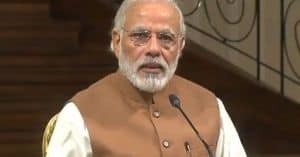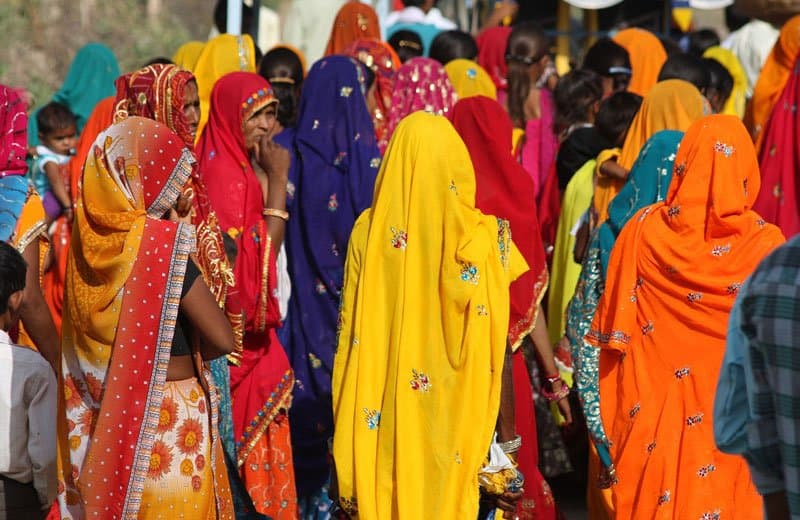One Nation One Rule Policy
Modi voiced his support for a “one nation one rule” policy, arguing that there shouldn’t be two laws in one house. The Prime Minister also linked this to the rights of Muslim women, suggesting a broader issue of women’s rights is at stake. However, this stance drew criticism from opposition parties, who accused Modi of political opportunism.
Opposition leaders from parties such as Congress, DMK, AIMIM, Janata Dal (United), Rastriya Janata Dal, Bharat Rashtra Samity, and Trinamool Congress accused the ruling Bhartiya Janata Party-led alliance of leveraging the UCC to gain electoral benefits. They argue that the implementation of the UCC will erode India’s cultural diversity and pluralism. The All India Muslim Personal Law Board also raised strong objections, claiming the UCC is designed to target the Muslim population of India.
Uniform Civil Code
While the UCC is favored by many right-leaning leaders, some political allies in the northeast Indian states of Mizoram, Nagaland, and Meghalaya expressed dissatisfaction with the proposed legislation. The Union government in New Delhi is expected to present the bill during the ongoing monsoon session of Parliament.
Polygamy Contention

Narendra Modi. Video screenshot.
The issue of polygamy has become a significant point of contention within these debates. The Assam government, led by State Chief Minister Himanta Biswa Sarma, plans to introduce a law banning the practice. This proposal will be presented at the upcoming State legislative assembly session in September. Sarma emphasized that the law aims to prevent men from any religious background from having more than one spouse concurrently, and cited that polygamy is practically non-existent among educated families in the region.
Historically, men having multiple wives was common in ancient India. After the country gained independence in 1947, laws like the Special Marriage Act 1954 and Hindu Marriage Act 1955 were introduced, which prohibited polygamy for Hindus, Buddhists, Jains, and Sikhs, with some exceptions. However, the Muslim Personal Law (Shariat) Application Act 1937 permits a Muslim man to marry up to four women at a time.
The practice of polygamy varies internationally. Countries like Turkey and Tunisia completely banned it, while others, including Egypt, Syria, Iraq, Yemen, Jordan, Algeria, Morocco, Cameroon, Malaysia, Pakistan, and Bangladesh, allow it with certain restrictions. Yet, it remains infrequent for a woman to have more than one spouse.
Complex Issues
As the debates around Uniform Civil Code and polygamy continue, it is clear that India is grappling with complex issues of unity, diversity, religious freedom, and women’s rights. The outcome of these discussions will have far-reaching implications for the world’s largest democracy.





